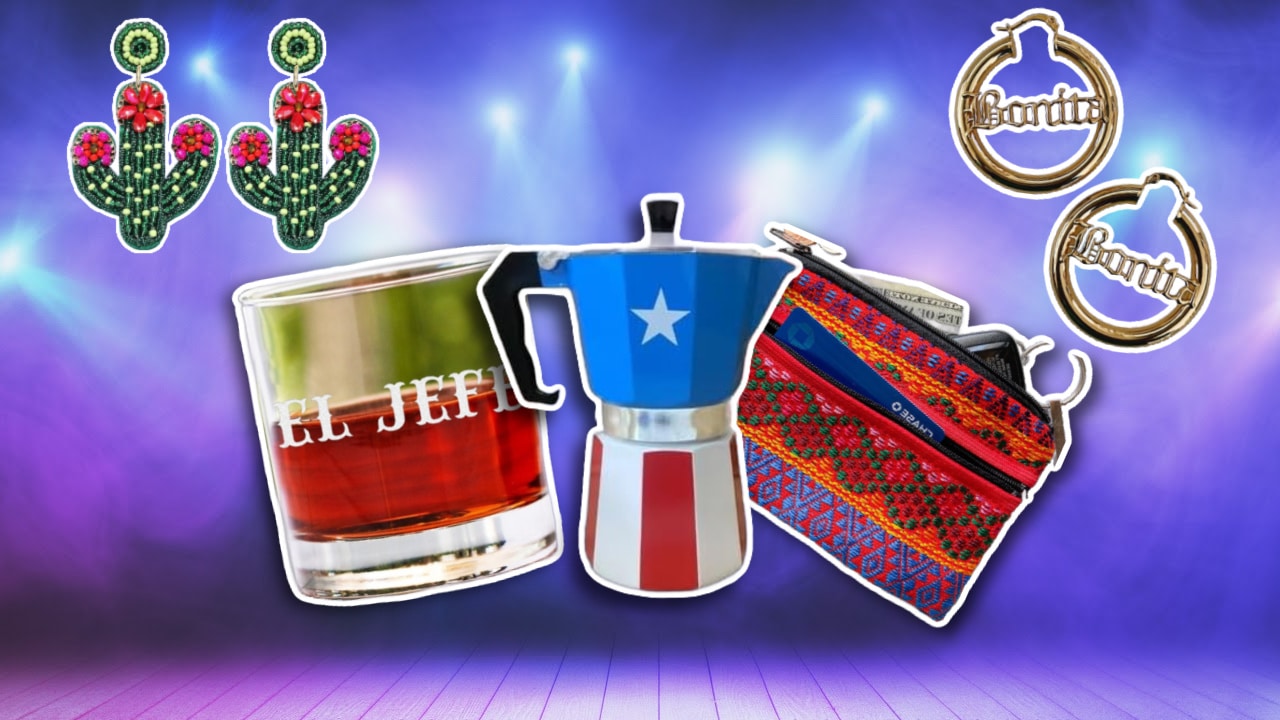The Intense Grief of Losing My Parents Returned When My Cat Died
As soon as my ex-boyfriend picked up Columbia’s lifeless body, I started shaking and let out a huge scream. I wasn’t just mourning my 11-year-old cat; I was re-grieving my parents’ loss.
Columbia, who I named for one of my alma maters, Columbia University, had been as much my pet as my parents. I had no intention of adopting another pet when I spotted a tiny, black kitten in a crate at an outdoor dog and cat adopt-a-thon in June 2011.
At the time, I was reeling from a recent break-up with a fellow newspaper reporter and was more depressed and antisocial than usual. That afternoon, I intended to meet with my mentor — a woman who has written over a dozen books and several articles in high-brow publications — and then return home to sulk in self-pity over my former relationship. But I took a U-turn when I heard music and saw signs for the animal adoption event across the street from me.
Before I could take this tiny black cat home, my friends had to vouch for me (I needed at least two references to attest to my character and ability to care for an animal, so I made the calls on the spot). I also called and convinced my parents, whom I lived with then, to let me bring another pet home. They already had two other elderly cats, including one who was nearing death.
While I was at work, Columbia spent his days either perched on Dad’s lap while he watched television, or observing Mom in the kitchen, quickly scooping up any morsel of food she’d accidentally drop. Before long, he out-weighed and out-ate the other house cats.
A year after I adopted him, Columbia accompanied me to North Carolina when I briefly worked as a reporter for The Charlotte Observer in 2012. Having my feline buddy with me made living hundreds of miles away from my family more bearable. We settled into a ritual: I’d feel and play with him as I made breakfast for myself. Columbia would hop on the kitchen counter and peer through the window as I drove off to the newspaper’s office each morning.
But I became homesick living in the South, and with my maternal grandmother nearing death in Northern New Jersey, I decided to quit my job after nine months and return home. I moved in stages, overpacking my Toyota Corolla with clothes, books, and small furniture. I placed Columbia in his carrier in the passenger’s seat. I felt his void when I returned for my final week in Charlotte. The last two weeks in North Carolina were the loneliest. Without a pet to look after or a job to keep me busy for several hours a day, I became more depressed until, at last, I packed up my moving truck and drove 12 hours straight home. My grandmother died less than a week later, and Columbia was there to comfort me, always by my feet or on my lap, as I mourned one of the most significant losses of my life.
Before long, Columbia became the oldest cat in the household: my parents adopted two others after their elder cats had died. As the only male cat, he soon established dominance.
Mom joked that she had to play referee when she fed all three cats because Columbia sometimes hissed or pawed at Patas Blancas, a female gray cat with white paws, or Celia, a Russian blue and the newest member of the family.
Years later, when my mother died of lung cancer in April 2019, watching over Columbia and the other cats gave my dad a purpose. He became consumed with caring for them as a way to deal with the grief of mom’s death. When my father was hospitalized after his transient ischaemic attack — or mini-stroke — the first thing he’d ask during my daily visits was how the cats were doing. Immediately after my father died a month later, caring for the cats gave me a sense of purpose after losing my identity as a daughter and dad’s caretaker.
Columbia was the only male, the oldest, and the most vocal. He’d hop on the bed and meow at me dramatically if I overslept even five minutes. On the days when I was most depressed after dad’s death, those meows were the only thing that roused me from bed.
In the last two weeks of his life, Columbia began acting differently. Rather than play with his catnip-filled toys and chase after the two other cats or hiss at the dog (a fairly new addition to the household), Columbia spent a lot of time laying down or sleeping. I assumed he was slowing down because of his age. Instead, he rapidly declined until he died suddenly at home.
The immediate pain I felt after losing him echoed how I felt after each of my parents died. It’s difficult to explain the anguish one feels when their beloved furbaby dies to people who are not pet owners. Columbia’s death signified losing one of the last connections I shared with mom and dad.




